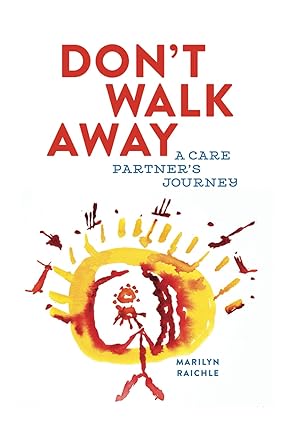
5 Ways Music Helps Dementia
SEE five powerful reasons to use music in dementia care. Mary Sue Wilkinson is Founder of “Singing Heart to Heart” and author of “Songs You Know By Heart: A Simple Guide for Using Music in Dementia Care”, with Teepa Snow. Learn more.




























